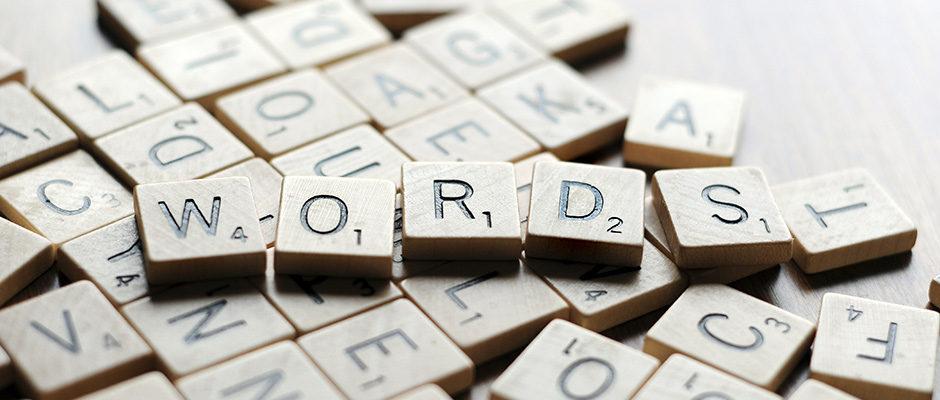

English
What makes a good translation?
My core value as a translator can be summed up in one sentence: an effective translation should read like an original. If it reads like a translation, it’s not as effective as it could be. The translator has to reformulate the ideas expressed in the original text in a way that will be perfectly understood by the readers of the translated text and that sounds idiomatic. To perform this delicate task, the translator needs in-depth knowledge of the field in question together with first-rate writing skills in the target language.
What’s more, a knowledgeable translator can often provide critical feedback, which could even lead to improvements being made to the original text. The translator is often the most attentive reader of the original text; her critical eye will spot errors and ambiguous passages, which can then be put right.
Well-honed research skills are another critical aspect of effective translation. They enable the translator to acquire the specific knowledge required for a certain text and to make sure that the right technical terminology is used. For consistency, the translator must also conform to the client's specific jargon and stylistic preferences.
Finally, it is very important for a translator to maintain a dialogue with her clients. To translate effectively, the translator requires information about the target audience and the context in which the text will be used. The translator should also have access to the authors of the original text and to any internal experts so that she can resolve any questions she may have about the text.